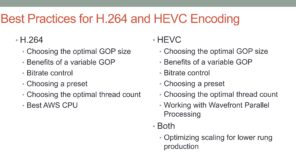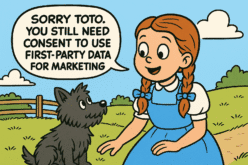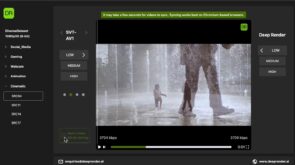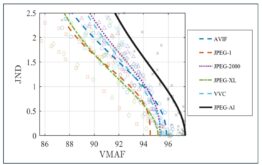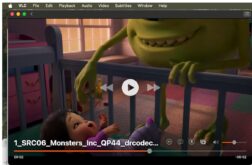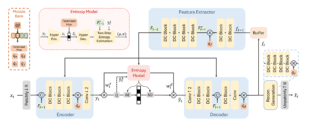We’ve been following the story of DASH royalties since MPEG LA first announced the pool back in 2015. Recently, the pool stopped offering licenses, which seemed to cease any assertions of royalties. But as I just wrote about in Streaming Media magazine, one of the pool members, Helios Streaming along with Ideahub, sued Showtime, Vudu, and Crackle. Here’s the rough timeline.
July 27, 2015 – An Unhappy Surprise: MPEG LA Is Forming a Patent Pool for DASH
November 17, 2016 – MPEG-LA Announces MPEG-DASH Patent Portfolio License. Terms were $0.05 per player/app after the first 100,000 units with an annual cap of $30 million, later reduced to $5 million.
August 12, 2019 – DASH Patent Pool—Criticized From the Start—Might Cease Operations (reporting on a letter from MPEG LA president stating, “Regrettably, with more than one year’s experience marketing the DASH License according to its revised terms, we have concluded that it is not a viable pool license in its present state. The patent list is perceived as too thin, and many principal patent holders are missing.”)
October 4, 2019 – MPEG LA DASH Pool Stops Offering New Licences (I checked the MPEG LA website and the site stated, “The DASH Patent Portfolio License is no longer offered to new Licensees. Existing Licensees continue to be covered.” This probably happened sometime between August 12 and October 4.
October 28, 2019 – Showtime, Vudu, and Crackle Sued by DASH Patent Holders, with the first suit (Crackle) filed on September 27, 2019.
One interesting fact detailed in the Streaming Media story relates to the royalties claimed by the plaintiffs. By way of background, when patents are standard-essential patents, as they are here since DASH is a technology standard, royalties are typically limited by FRAND, for Fair, Reasonable, and Non-Discriminatory. However, in all three cases, the plaintiffs asserted that because each defendant was an unwilling licensee, and didn’t negotiate in good faith, FRAND didn’t apply and shouldn’t limit any royalty awards.
As far as I can tell, though the “unwilling” tag has made courts in Europe and the US more likely to award injunctions in patent infringement cases, I’ve been unable to find a case where FRAND was waived because the defendant was unwilling. Waiving FRAND would be significant because as of this point, technology implementers have no financial incentive not to delay negotiations and licensing with patent owners, as patent-related lawsuits can take years to resolve. If the unwilling designation opened the possibility of significantly higher royalties it would go a long way towards evening the playing field between patent owners and technology implementers.
 Streaming Learning Center Where Streaming Professionals Learn to Excel
Streaming Learning Center Where Streaming Professionals Learn to Excel


